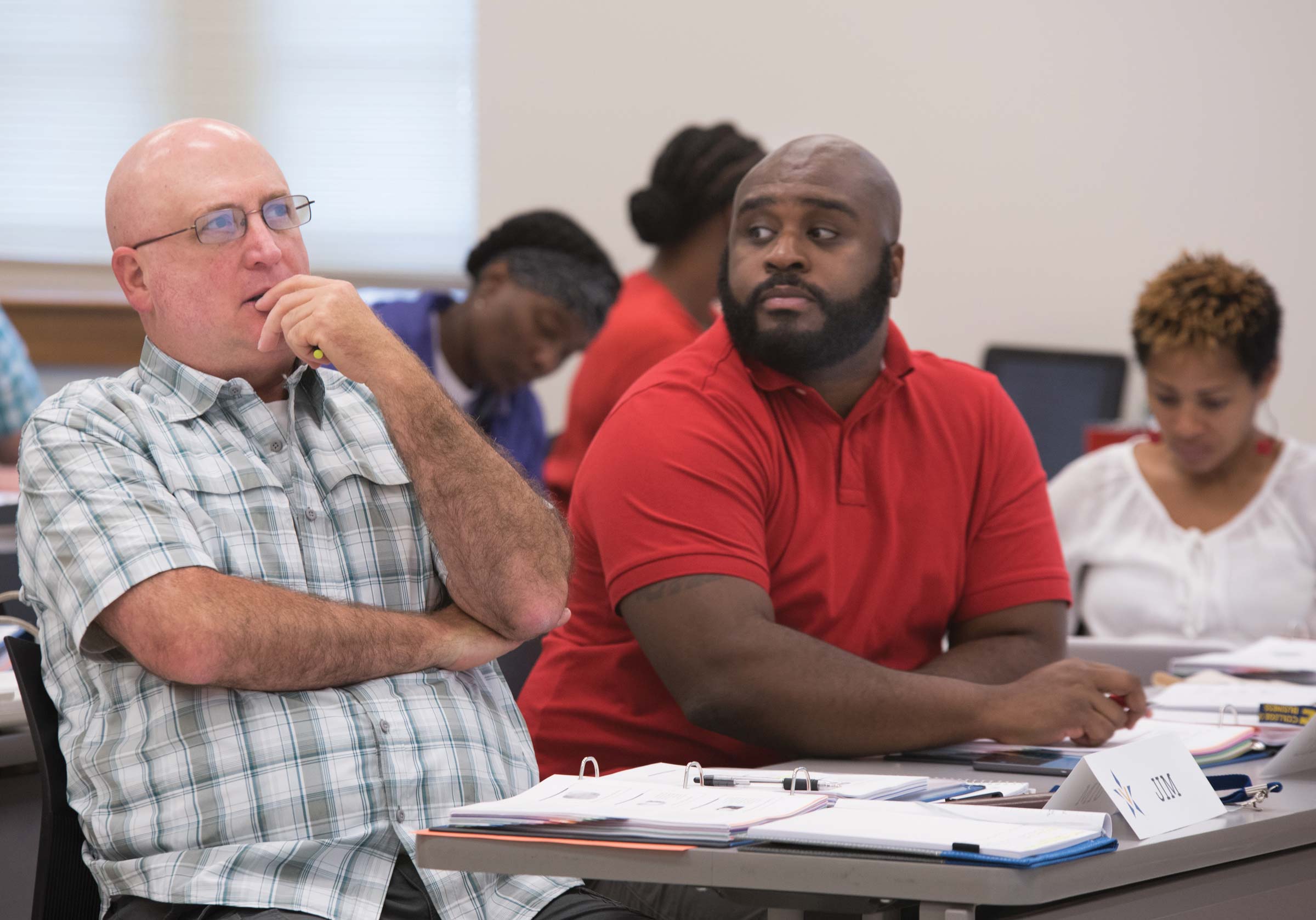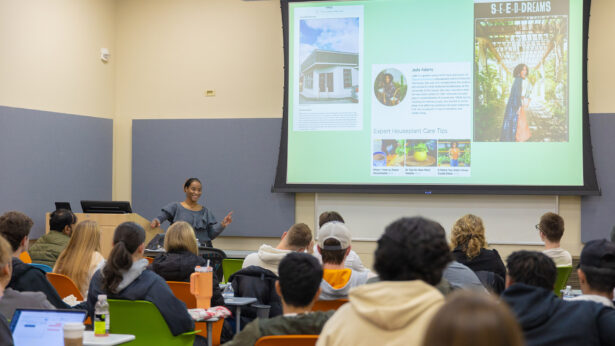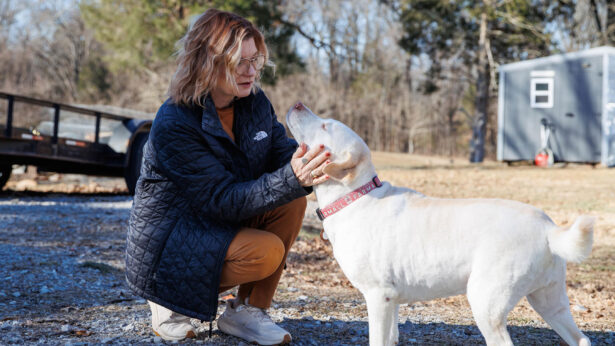In her course, “African American Women,” UTC Assistant Professor of History Susan Eckelmann Berghel has students engage with history beyond the textbooks by recording the stories of local women involved in the civil rights movement. The end result is the Voices of African American Women Oral History project.
“As an educator, I always think of ways to involve students in the community, to think about how they can apply history to specific skill sets,” Berghel says.
Currently, 83 interviews are transcribed and archived online through UTC’s Digital Collections under Chattanooga Women’s Oral Histories.
Ernestine Hall was one of the Howard High School seniors who sat at lunch counters in local five-and-dime stores in February 1960, joining civil rights sit-ins quickly gaining popularity throughout the Southeast.
“We were tired of things the way they were. We knew our parents would not do it because they would have repercussions,” Hall says in the interview.
Gift to Vets

Veterans enrolled at UTC received a financial boost to the tune of more than $1 million.
Mike and Amy Walden of Walden Security made a gift of $1 million to support the Veterans Entrepreneurship Program, based in the College of Business. Walden Security also has increased its lead gift to the Veterans Entrepreneurship Program to $250,000, providing substantial funding for the next five years.
Established in 2012, the Veterans Entrepreneurship Program offers free training, mentoring and management expertise for small businesses founded by the nation’s disabled and service-distinguished veterans.
Mike Walden, who served in the U.S. Navy, and Amy Walden founded Chattanooga-based Walden Security in 1990.
Smoke-Free UTC

The UTC campus will go smoke-free on Jan. 1, 2019, when cigarettes, cigars, pipes and vaping equipment will be banned.
The SmokeFree UTC campaign will spend 2018 educating students, faculty and staff about the policy and is providing counseling, support groups and cessation workshops
and seminars.
According to surveys of UTC students, faculty and staff, only about 7 percent of the campus community are regular smokers. A far greater majority of students—93 percent—are concerned about the effects of secondhand smoke, surveys show.
“This isn’t about how the university doesn’t want smokers on campus. This is for the health of the campus and trying to create a healthier environment,” says Carol Oglesby, assistant director of health education and wellness promotion and co-chair of the drive.


